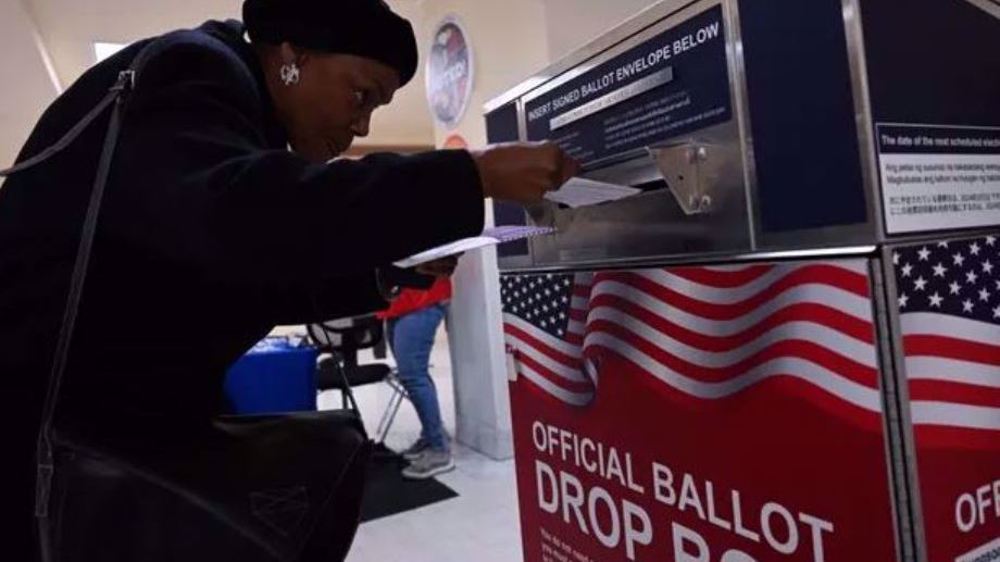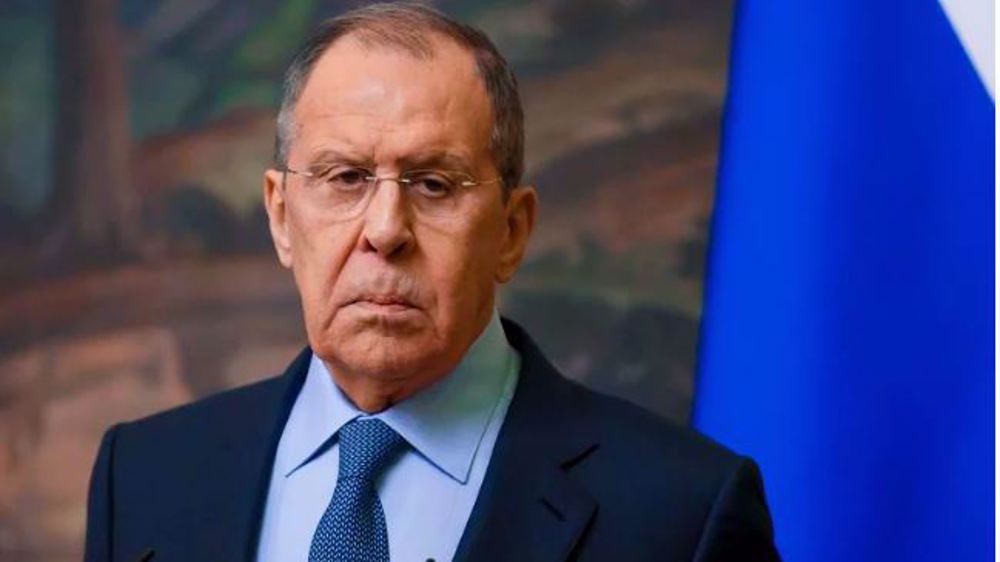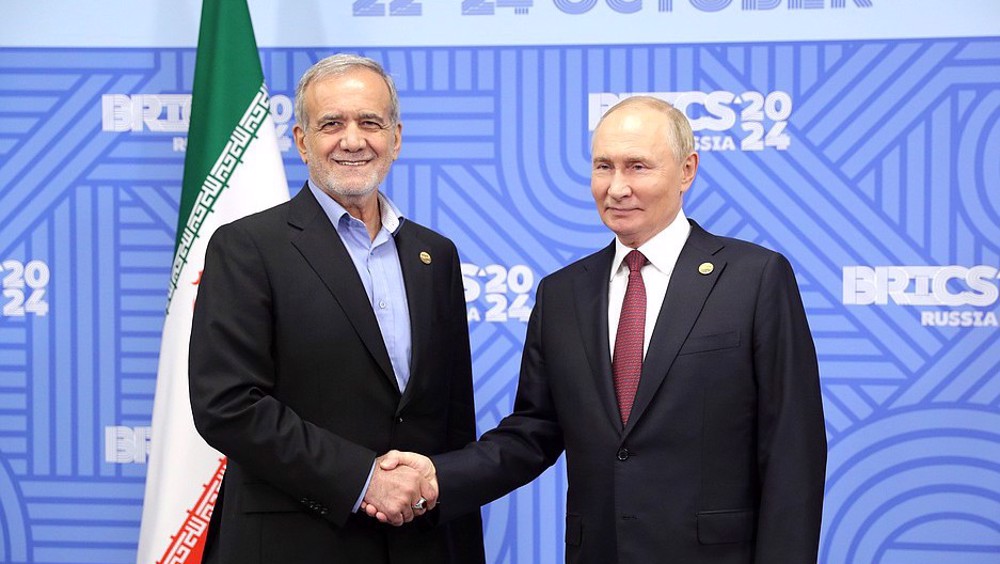Russia denounces as ‘unacceptable’ US claims over Navalny case
Russia has lambasted as "unacceptable” a statement by the United States alleging that senior Russian officials might have been behind the purported poisoning of Russian opposition figure Alexei Navalny.
In a statement on Thursday, Kremlin spokesman Dmitry Peskov said that Moscow considered “unacceptable any direct or indirect suggestions that Russian officials were involved in this.”
His comments were in response to claims made by US Secretary of State Mike Pompeo who on Wednesday alleged that “it is a substantial chance that” the poising of Navalny with Novichok nerve agent “actually came from senior Russian officials.”
The US top diplomat further said that the US and its allies in Europe wanted Moscow to “hold those responsible for this accountable.”
Last week, American President Donald Trump had said that he had seen no proof that the top Kremlin critic was poisoned.
Navalny, 44, got ill on a domestic Russian flight on August 20. He was later transported to the German capital, Berlin, where he is currently under observation.
Doctors at a Russian hospital, where he was initially admitted to, found no traces of poisoning in his blood or tissue samples and said that the deterioration in his health had been caused by a sudden drop of glucose in his blood due to a metabolic imbalance.
However, German Chancellor Angela Merkel was quick to allege that there was “unequivocal evidence” that Navalny had been poisoned with a Novichok nerve agent and that she would consult NATO allies about how to respond.
British Foreign Secretary Dominic Raab has also echoed the same allegations leveled by Merkel against Moscow, claiming that it was “clear” that Navalny had been poisoned with Novichok.
The opposition figure’s associates, for their parts, also claim that the purported use of Novichok, a military-grade nerve agent, allegedly showed that only Moscow could be responsible.
The Russian government has fiercely denied any involvement in the so-called “poisoning” case.
After initial claims were made that he had been poisoned, Moscow asked Germany for his medical records and warned other countries against jumping to conclusions without knowing the full facts.
Russia has “an interest in finding the reasons for what happened” to Navalny, Peskov further said on Thursday, renewing Moscow’s complaint that it had not received information from Berlin on the results of medical tests that led Germany to conclude that Navalny was poisoned.
He also stressed that Russian officials were seeking cooperation with those of Germany but did not see their efforts being reciprocated.
Iranian diaspora in EU, UK deplore ban on national airline
VIDEO | Press TV's News Headlines
Israel’s military struggling with shortage of troops: Report
Iran calls for more efforts to establish peace in Gaza, Lebanon
Israel targets journalists in southern Lebanon to mask atrocities
Trump vs Harris: A choice between two deranged war hawks who cheer genocide in Gaza
Over 1,800 Palestinians killed in Israel’s month-long attacks in northern Gaza
UN official urges Egypt to seize Israel-bound arms ship MV Kathrin















 This makes it easy to access the Press TV website
This makes it easy to access the Press TV website